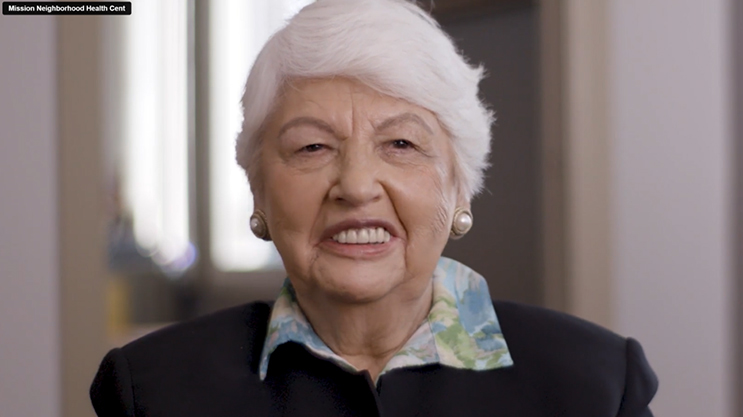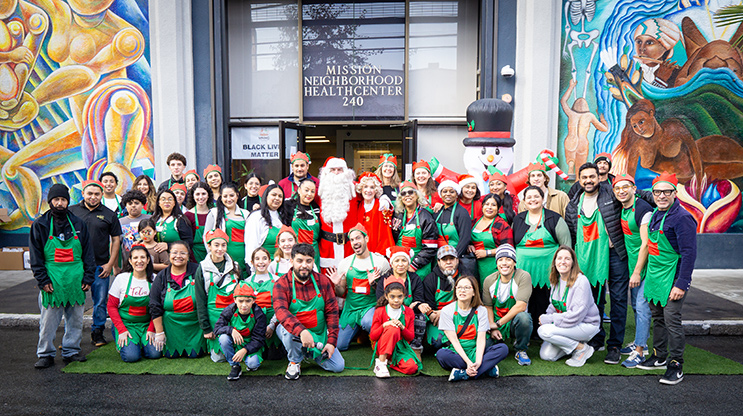MNHC Teams with the San Francisco Pretrial Diversion Project (SFPDP)
This autumn, Mission Neighborhood Resource Center joined forces with the San Francisco Pretrial Diversion Project (SFPDP) to connect Latino clients with its vast resources to improve their life situation. The SFPDP works with first time offenders to facilitate positive and effective alternatives to fines, criminal prosecution, and detention.
SFPDP was established through the joint efforts of a group of socially conscious citizens, the San Francisco Bar Association and the judges of the Municipal Courts who realized that most individuals charged with a misdemeanor offense did not benefit perceptibly by jail time. First-time misdemeanor offenders of non-violent charges can have their case dismissed by completing a program that includes community service.
Although SFPDP has been in existence since 1976, the Latino population has been historically underserved primarily due to language issues. Working together made sense to Ruth Nunez, MNRC’s Director of Homeless Services, based on the fact that 65% of MNRC’s population is Latino and likely the resources could benefit this population. Not only can staff bridge the language barrier but also offer other MNRC resources to SFPDP clients.
 Working closely with the SFPDP case manager, Ruth and Vanessa Huynh, MNRC’s case manager, both of whom are fluent in Spanish, are able to connect the program participants to housing, medical care and psychiatric care.
Working closely with the SFPDP case manager, Ruth and Vanessa Huynh, MNRC’s case manager, both of whom are fluent in Spanish, are able to connect the program participants to housing, medical care and psychiatric care.
“It’s wonderful to have this connection with SFPDP,” said Ruth Nunez. “ I have been in touch with them for nearly a year and it’s gratifying to see our collaboration come to fruition as we help those in need.”
Not surprisingly given the San Francisco housing market crisis, many of these clients are marginally housed or homeless. Once a client is referred to MNRC to meet their non-legal needs, MNRC staff focuses on connecting clients to its behavioral, medical and substance abuse services as well as assessing their housing needs to connect them with the many new housing initiatives in the city.
The early challenges of the collaboration have been devising methods to smooth out logistics to ensure that participants can qualify for Medi-Cal or Healthy San Francisco. Referrals to date have averaged about 5 clients per week and that is expected to build over time. A full program evaluation is slated for July 2019 and the hope is to continue to build on the lessons learned and successes of the first year.”
“I am hopeful that this joint program will have a long lasting positive impact for the clients so they can thrive,” added Ruth.



